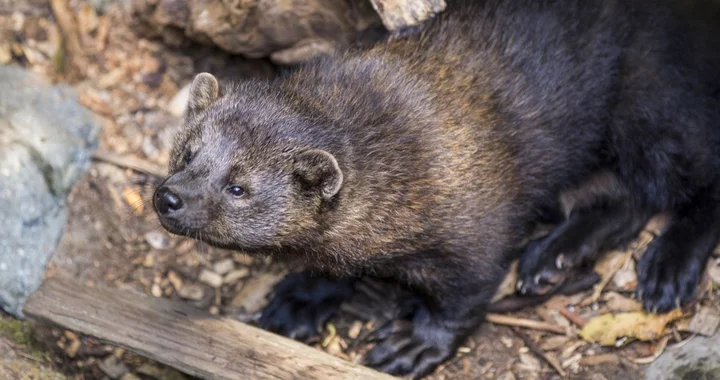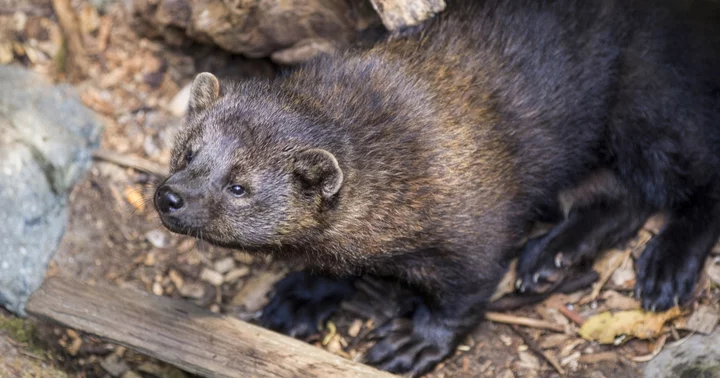Photo: National Parks Service, public domain.
Press release from the Environmental Protection Information Center:
The U.S. Fish and Wildlife Service has denied
listing for the Northern California/Southern
Oregon population of Pacific fishers.
Fishers are
relatives of mink, otters, and martens. Fishers once roamed West
Coast forests from Southern
California through British Colubmia, however trapping and habitat
destruction have reduced the
species to two native populations: one in Southern Oregon/Northern California one in
the Southern Sierra Nevada mountains.
Conservation groups
including EPIC, the Klamath-Siskiyou Wildlands Center and the Center
for Biological Diversity
first petitioned to list the species in 2000. Consideration of that
petition has been repeatedly
stalled, with the agency repeatedly evading its responsibilities
under the law, forcing litigation
by conservation groups.
Following the 2000
listing petition, conservation groups sued the Service to force a determination. In
2004, the Service found that listing was warranted but precluded by higher-priority
activities. Following inaction by the Service, in 2010 conservation
groups again sued the Service to
force the government to complete a final decision. In 2014, the
Service returned with a
draft decision to list the species. Curiously, two years later the
Service reversed its decision,
finding that listing was not warranted. Conservation groups again
sued and won, with a judge
ordering the agency to try again. In 2020, the Service split the
larger species into two smaller
populations, listing one (Southern Sierra population) as threatened
while denying protections to the
other (Northern California/Southern Oregon). This decision was,
again, overturned, with a
settlement to re-consider listing.
“It’s clear that
the U.S. Fish and Wildlife Service is doing its best to stop the
listing of the Pacific fisher,” said Tom
Wheeler, Executive Director of the Environmental Protection
Information Center. “The law,
however, requires that science drive decisions, not the whims and
wishes of the timber
industry.”
The Pacific Fisher
is under threat from numerous stressors, each compounding the effects
of the other: climate
change, including larger and more severe wildfires; rodenticide
exposure; logging of the mature forest habitats required by the
species; and enhanced predation from changes to forest
ecosystems.
“This reckless
decision ignores the recommendations of professional wildlife
biologists,” said KS Wild’s Conservation
Director George Sexton. “Widespread use of toxic rodenticide
poisons has Fishers dropping
dead across the landscape and the Trump Administration just doesn’t
seem to care.”
“Fishers are
emblems of the Pacific Northwest’s wild forests, and we have to
help them avoid extinction and
persevere for future generations,” said Tierra Curry, senior
scientist at the Center for Biological
Diversity. “We’ll keep working to protect these carnivores and
the special places they live.”


